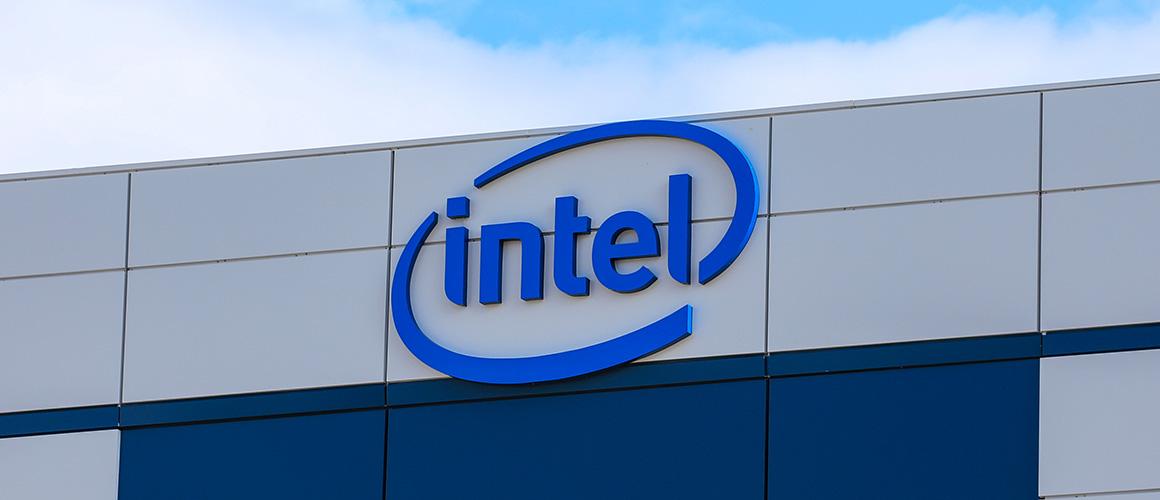Strategies for Investing in High-Growth Stocks
5 minutes for reading

In this article, we will discuss investing in growth stocks. Also, we will explain how to look for such stocks, what their characteristics are, and what risks emerge from investing in growth stocks.
What growth stocks are
Investors can conditionally be divided into two categories: those who buy growth stocks and those interested in cost stocks. Growth stocks are securities of companies with fast-growing revenue and serious future growth prospects. Cost stocks are those that, to investors’ minds, trade seriously below the fair price.
Growth companies, in their attempt to invest maximally in product development and improvement of their position in the market, either pay no dividends at all or pay out minimal dividends. Quite often, such companies belong to the tech or biopharma sector.
One example is Netflix Inc. (NASDAQ:NFLX) which was the first to operate in the market of video broadcasting. From 2018 to 2021, the number of its subscribers increased from 137 million to 214 million users, while its shares skyrocketed more than 400% from 2017 to 2021. However, as soon as the competition increased in the sector, Netflix started losing its market share fast: while it took up 48% of the US market in 2019, already in 2021, its market share accounted for just 29%.
How to detect growth stocks
As a rule, the price of such stocks depends on the expectations of investors, which are based on the overall market growth, and their view on whether the company has enough money to develop its business and whether its management operates efficiently. Investors may be mistaken both when selecting a company and assessing it; hence, they check the following to make sure:
- Whether the company is a member of the S&P 500 Growth. The index is calculated by S&P Global based on sales growth, changes in the P/S ratio, as well as impulse. For example, the profitability of Apple Inc. (NASDAQ:AAPL) shares, which are included in the S&P 500, exceeded 500% from the beginning of 2017 through mid-2021
- The market capitalisation of the company. Investors think that companies with a small capitalisation strive to increase their market share, and have not reached the skyrocketing stage yet. For example, in mid-2020, the capitalisation of MicroStrategy Incorporated (NASDAQ:MSTR) was 1.16 billion USD, and since then until 2021 its stock price rose by about 1,100%
- The sector that the company represents. As mentioned above, such companies can often be seen in tech and biopharma. For example, the return on Moderna Inc. (NASDAQ:MRNA) shares in early 2020-mid 2021 exceeded 2,500%
What investing in growth is
The choice of investment depends on the investor’s attitude to risk. When looking for a way to save their capital and protect it from inflation, investors usually choose cost stocks. If an investor is ready to take risks, they may choose growth stocks that might grow several times in the next several years. For example, the return on Microsoft Corporation (NASDAQ:MSFT) shares since the beginning of 2013 has exceeded 900%.
A basic approach to investing in growth stocks
As a rule, investors consider the following fundamental criteria to assess their supposed investments:
- ROE helps to see how much profit each invested dollar generates. For example, the share capital of NVIDIA Corporation (NASDAQ:NVDA) at the moment this article was prepared amounted to 21.4 billion USD, while that of Tesla Inc. (NASDAQ:TSLA) was 40.7 billion USD; however, the ROE of both was 31%
- EPS is the ratio of the net profit to the average annual number of its normal stocks. Most often, growing EPS means that the company and its management are operating efficiently.
- Revenue forecast, published alongside quarterly and annual reports The changes in the revenue forecast by the management have a direct influence on the company’s stock price
Risks of investing in growth
- The growth of quotes may change to falling in a split second
- The growth of stocks is not necessarily supported by any significant success of the company
- Stock prices heavily depend on published statistics and news
- Dividends are minimal, or there are none
- Fraud might occur in the form of deliberately presenting false reports with the purpose of attracting investors
Summary
Growth stocks are securities of companies with fast-growing revenue and good prospects of future growth. Putting money in them is called growth investing.
Such investments have both advantages and drawbacks. Among the advantages, we would name the probability of skyrocketing, while one serious disadvantage is the high risks to the investor’s capital.
* – Past performance is not a reliable indicator of future results or future performance.
The material presented and the information contained herein is for information purposes only and in no way should be considered as the provision of investment advice for the purposes of Investment Firms Law 87(I)/2017 of the Republic of Cyprus or any other form of personal advice or recommendation, which relates to certain types of transactions with certain types of financial instruments.
Categories
Recent Posts
Discover How Warren Buffett Adjusted His Investment Holdings in the Second Quarter: New Additions and Complete Sell-Offs
The Public Offering of Justworks, Inc.: A Deep Dive into its Innovative Cloud-Based Accounting Management Platform and its Investment Appeal on 12 Jan...
Delve into the Forces Shaping the Gaming Industry: Insights on Engine Gaming, SciPlay, Sea, Roblox, and Electronic Arts.
Peloton Unveils Business Overhaul with Leadership Change and Cost-Cutting Strategy: Targeting Growth or Setting the Stage for Acquisition?
Weekly News Roundup: Salesforce, Okta, Chewy, and Crowdstrike Release Quarterly Results; Microsoft Reduces Quarterly Forecast - How Did Their Stocks R...






